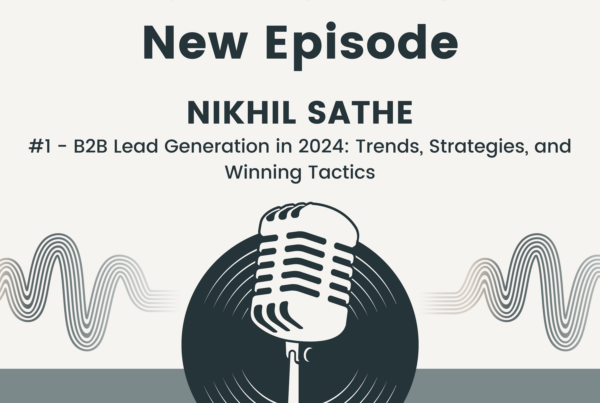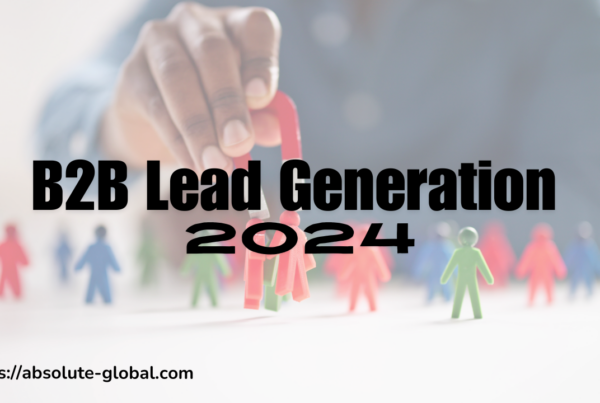Crafting B2B Content Strategies for Engagement
In the world of B2B marketing, content is truly king. It forms the foundation of successful digital strategies, driving engagement, establishing brand authority, and, ultimately, driving conversions. Crafting compelling content for B2B audiences necessitates a nuanced approach that emphasizes value, relevance, and authenticity. In this article, we will look at the key components of developing effective content strategies for B2B audiences.
Understanding Your Audience.
The foundation of any successful content strategy is a thorough understanding of your target audience. In the B2B space, this entails understanding the specific challenges, pain points, and motivations of businesses and decision-makers in your industry. This process requires thorough market research, analysis of customer data, and active dialogue with your target audience.
Providing Value and Utility
B2B audiences want content that offers tangible value and utility. Whether it’s informative articles, in-depth whitepapers, or actionable guides, your content should educate, solve problems, and provide useful insights. You can build credibility and long-term relationships with your target audience by positioning your brand as a reliable source of valuable information.
Tailoring Content for the Buyer’s Journey
The B2B purchasing process is typically more complex and multifaceted than its B2C counterpart. It frequently requires multiple stakeholders, extensive research, and careful consideration. To effectively engage B2B audiences at each stage of the buyer’s journey, tailor your content to address decision-makers’ specific needs and concerns. From awareness-building blog posts to in-depth case studies that demonstrate ROI, your content should seamlessly guide prospects through the purchasing process.
Embracing authenticity and transparency.
In an age of skepticism and information overload, authenticity and transparency are essential. B2B customers value honesty, integrity, and authenticity in the brands they choose to work with. Your content should reflect these values by providing accurate, unbiased information and encouraging open communication with your target audience. Authenticity fosters trust, which is the foundation of effective B2B relationships.
Leveraging Multiple Content Formats
B2B audiences’ content consumption preferences are diverse. Some people prefer long-form articles, whereas others prefer video tutorials or interactive webinars. To increase engagement and reach a larger audience, diversify your content formats. Experiment with various types of content, such as infographics, podcasts, and live streams, to cater to different tastes and maintain attention across multiple channels.
Measuring and Iterating For Success
No content strategy is complete without effective measurement and analytics. Tracking key performance indicators (KPIs) such as engagement metrics, conversion rates, and ROI can help you understand the effectiveness of your content marketing efforts. Use this data to iterate and fine-tune your content strategy over time, continuously optimizing for better results and impact.
Conclusion
Finally, developing compelling content strategies for B2B audiences necessitates a thorough understanding of your target audience, a dedication to providing value and utility, and an emphasis on authenticity and transparency. By tailoring your content to the buyer’s journey, embracing diverse formats, and leveraging data-driven insights, you can create content that connects with your audience, increases engagement, and, ultimately, drives business growth. Remember, in the world of B2B marketing, content reigns supreme.





